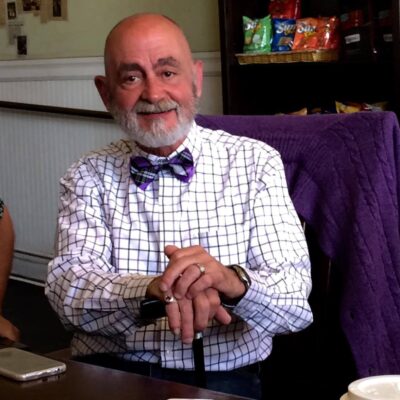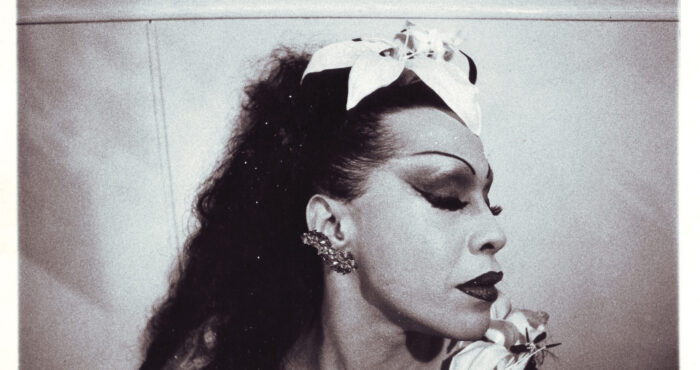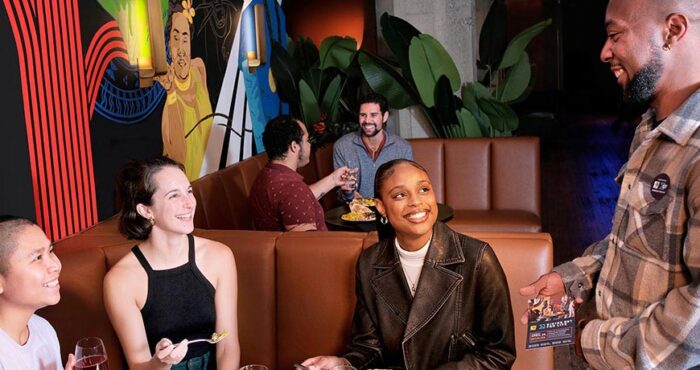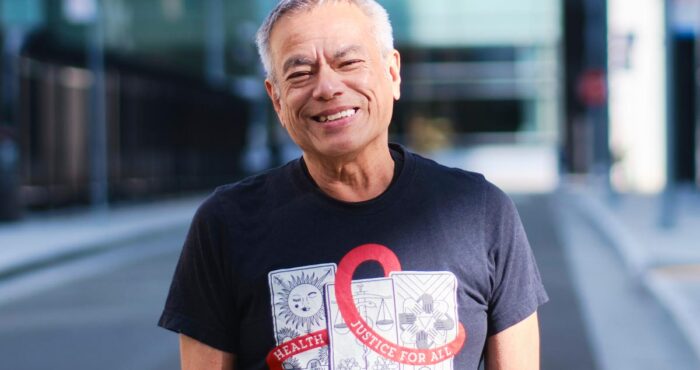We must re-focus our attention on HIV and AIDS
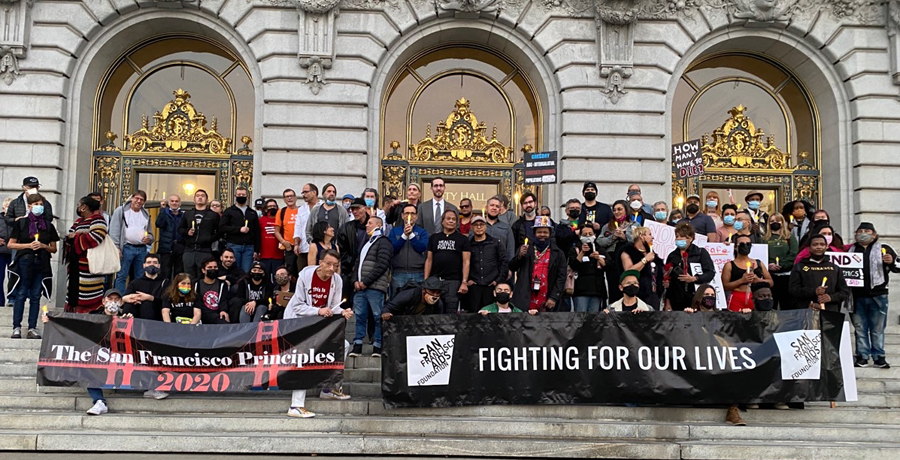
World AIDS Day, held December 1 every year, is an opportunity for people living with HIV and other people who have been touched by the epidemic to come together in remembrance of those we have lost–and to keep the spotlight focused on everything we still must do to end the HIV epidemic once and for all. Amidst the pain and suffering caused by the continuing COVID-19 pandemic, a worsening overdose crisis, poverty, housing shortages and more–all of which disproportionately affect people living with and at risk for HIV–World AIDS Day should have been even more revered as a time for San Franciscans to come together on this special day.
But, last month on World AIDS Day, things felt different. Most of the world’s attention was diverted to the newly surging Omicron variant of the Coronavirus that causes COVID-19. And although various AIDS organizations, activists, and individuals commemorated the forty-year history of HIV/AIDS on World AIDS Day, I did not see even one mention of World AIDS Day in any non-LGBTQ media. The COVID-19 has captured our collective attention and worry, but at what cost to people living with and at risk for HIV?
“The COVID-19 pandemic has led to a lot of setbacks in the city’s HIV response,” said Monica Gandhi, MD, MPH, the Medical Director of “Ward 86,” the HIV Clinic at San Francisco General Hospital, and one of the city’s leading experts and voices on COVID-19.
HIV testing was down by 44% at community testing sites in 2020 from 2019, according to the San Francisco Epidemiology Surveillance report, said Dr. Gandhi. This is critical, because HIV testing is one of the most important strategies for identifying people with HIV early for treatment in order to prevent HIV transmission.
Dr. Gandhi also noted that rates of viral suppression (being “undetectable”), dropped in the city overall from 75% to 70% from 2019 to 2020. Among people with HIV who are experiencing homelessness, only 20% were virally suppressed (a staggering decrease from 50% since 2019). And, overdose deaths have soared in the city during this time, which has disproportionately affected the HIV community.
“I think the COVID response in the city did deflect resources and interest in combating HIV/AIDS, but I also think that HIV has been losing attention for some time. We need to refocus our efforts on the care and treatment of people with HIV and on prevention of HIV in San Francisco,” said Dr. Gandhi.
A great deal of the money and energy that might have gone into HIV/AIDS research for a vaccine or a cure were devoted to finding a vaccine and treatments for COVID-19; many scientists and researchers were pulled from their HIV/AIDS work to work on COVID. During periods of lockdowns and social distancing, trips to clinics decreased, interrupting testing and early treatment of HIV. Besides, in the scientific/medical community, there was the excitement of a “new” virus to conquer — at forty years, HIV/AIDS may feel to some like “old news.”
It will take a concerted, multifaceted, cooperative effort to bring HIV/AIDS back to the forefront in San Francisco, the U.S., and the world.
Dr. Gandhi again: “I think the HIV treating community, i.e. healthcare workers, need to team up with activists, community, and patients like we did in the 80’s to again raise awareness that HIV is not over and that more resources and support should go towards HIV/AIDS. Our strength in HIV activism has always been researchers, clinicians, patients, advocates and activists working together. We need to do this again to ‘take back’ HIV as a major priority in our city.”
HIV testing, research into vaccines and a cure, prevention activities such as the use of PrEP, treatment opportunities, and social services for those of us living with HIV or AIDS have all taken a back seat to concerns about the coronavirus and its variants these past two years, and this has been reflected in the media’s pivot from HIV and AIDS coverage.
At a World AIDS Day Rally held on the steps of City Hall, Dr. Gandhi, San Francisco AIDS Foundation, along with representatives from the HIV Advocacy Network, Black Brothers Esteem, TransLife, the HIV Caucus of the Harvey Milk LGBTQ Democratic Club, The San Francisco Principles 2020, and other local activists and advocates spoke about the importance of addressing HIV and AIDS in San Francisco and the Bay Area. Glaringly absent were members of the press, and all but a few elected officials.
“It was the 40th anniversary of the first description of AIDS on World AIDS Day 2021 and so, as Medical Director of the Ward 86 HIV Clinic, I was hoping the press coverage that day in the city would center on this important event,” Dr. Gandhi told me.
“Since San Francisco was the epicenter of the HIV epidemic in the 1980’s, it was a momentous occasion to be at the 40th anniversary of the first description of AIDS. However, that day happened to be the day the Omicron variant was first described in the US (in San Francisco) so the news coverage that day was almost exclusively on this variant. We had a rally on the front steps of City Hall, but there was no press there, nor presence from city officials. I was sad that this day went by relatively without the city of San Francisco commemorating it in a huge way given the importance of HIV/AIDS to our city’s history.”
As an infectious disease expert, Dr. Gandhi was called by various news agencies to comment on Omicron. “Not one of them asked me about World AIDS Day. I was very disappointed,” she said.
As we begin a new year, let us not lose sight of HIV and AIDS–everything that still must be done, but also the incredible progress we have already made.






